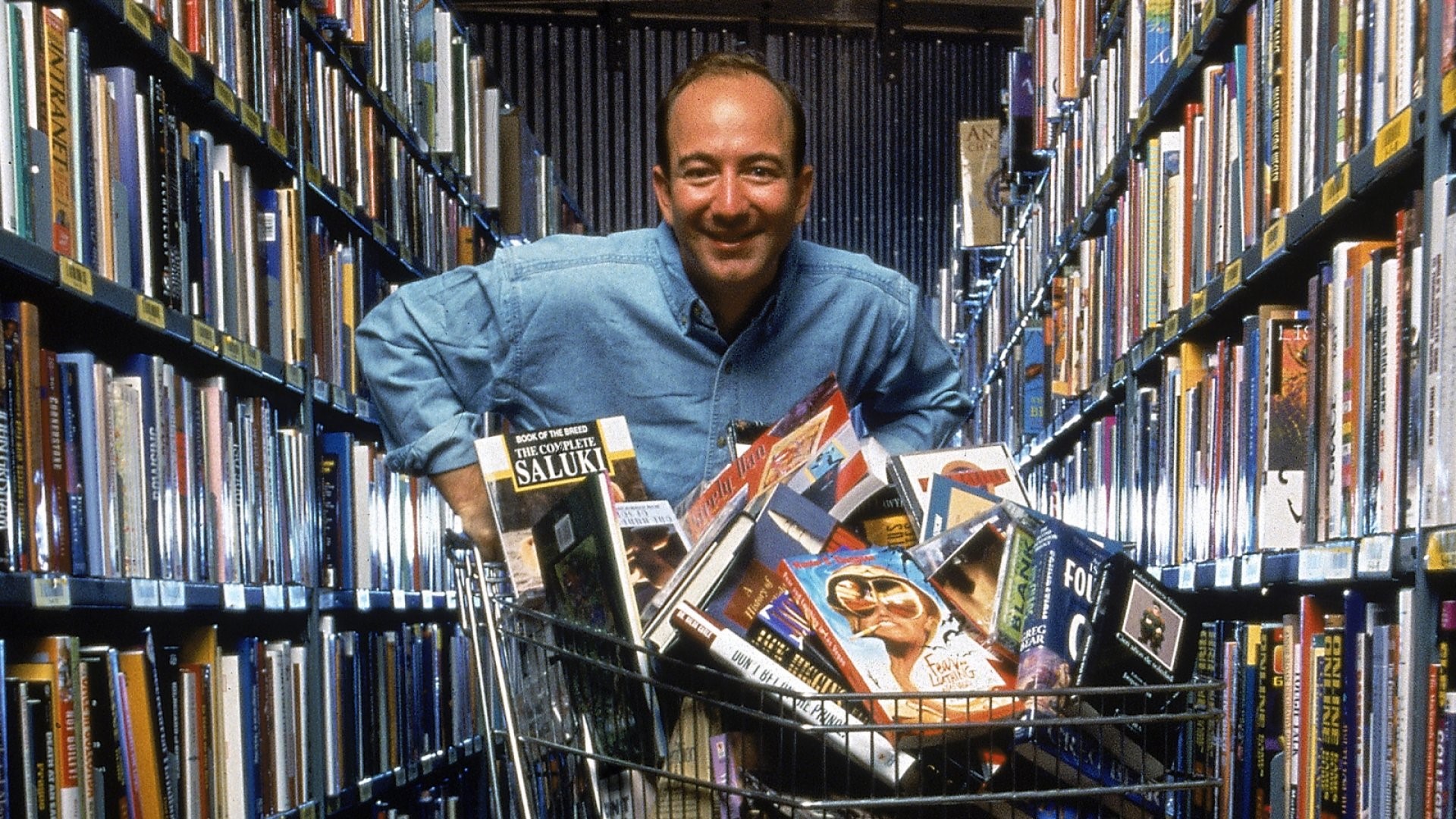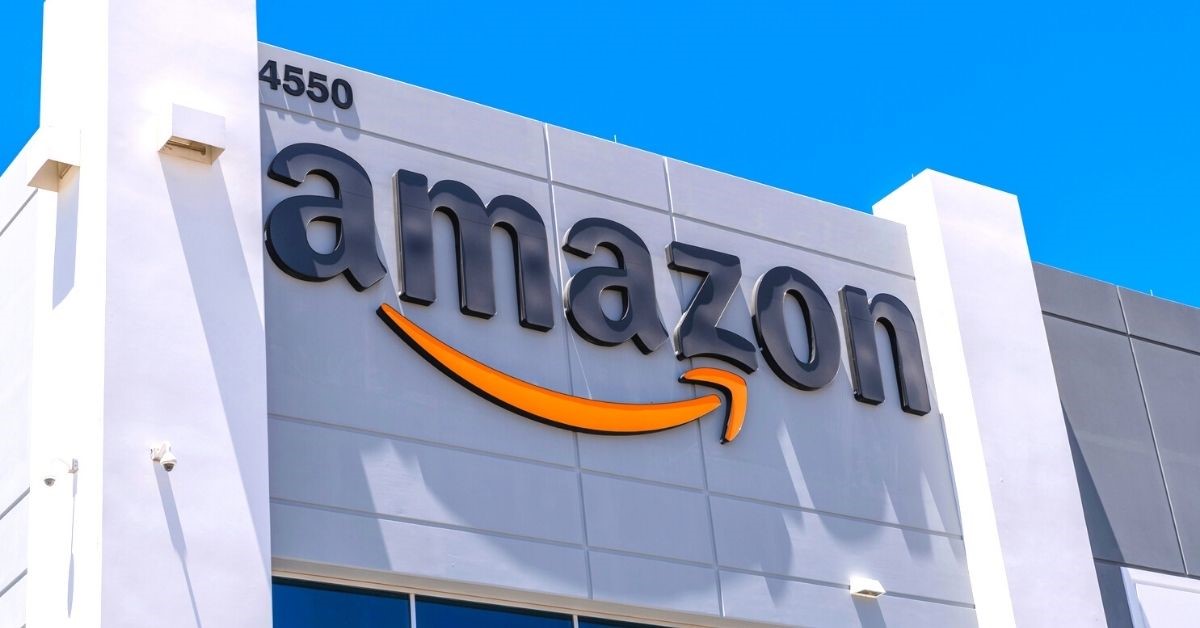Amazon is the largest internet-based business in the world in terms of revenue. Here, we examine the Amazon founding date and highlight some of its most significant turning points. We’ll also try to investigate how the business got to be so well-known.
Amazon founding date and why was that name?
Jeff Bezos originally incorporated Amazon, or more precisely Amazon.com, in July 2005. He was running a Wall Street hedge fund at the time.
Cadabra was the intended name of Amazon initially (from Abracadabra). However, Bezos’ attorney cautioned him that the allusion to magic could be a little too hazy.
Additionally, a lot of the time when individuals heard the name on the phone, they instead heard “Cadaver” – not great.

Amazon founding date and why was that name?
Bezos and MacKenzie Tuttle, who was then his wife, began to register domain names for their future new business.
The domain names Awake.com, Browse.com, and Bookmall.com were immediately registered by Bezos. Additionally, he maintained the domain name Relentless.com that he had registered. In fact, typing it into your browser right now will bring you to Amazon.com.
When did Amazon begin selling products aside books?
As we’ve already seen since the Amazon founding date, Amazon began by offering books for sale online. At the time, only few businesses were offering the degree of ease that Amazon.com did, thus this was revolutionary.
Following Bezos’ original business model, the firm grew in 1998 and started offering music and video games. Around the same time, Amazon also increased the reach of its services abroad by acquiring rival online bookshops in the UK and Germany.
By the turn of the millennium, Amazon had further diversified its product offerings to include toys, games, consumer electronics, video games, software, home goods, and much more.

When did Amazon begin selling products aside books?
Amazon introduced its Amazon Web Services in the middle of the 2000s (AWS). This development was in accordance with Bezos’ original goal of transforming Amazon into a tech firm rather than just an internet retailer.
By 2006, Amazon added its Elastic Compute Cloud to its AWS offering (EC2). Soon after, they released their Simple Storage Service (S3).
The business’s entry into digital services like EC2 and S3 would greatly increase its income. They continue to make up the majority of Amazon Web Services’ revenue today.
In 2007, the first Kindle e-readers were unveiled. The e-book business would be stimulated by these reasonably priced portable tablets, and by 2012, sales of Android-powered tablets would be dominated by the Kindle to the tune of almost 50%.
Due to the popularity of the Kindle, Amazon launched its Amazon Publishing service in 2011 and entered the e-book publishing industry. The same year, Amazon declared that sales of electronic books on its website had surpassed those of printed books.
Amazon has since expanded into a variety of additional services. These include the delivery of fresh food, the use of drones, and numerous other advancements.
Why is Amazon so well-liked?

Why is Amazon so well-liked?
Amazon’s initial popularity was mostly based on convenience. A potential buyer no longer had to go to a real bookshop to find the book they wanted.
At the time of the Amazon founding date, it was a truly remarkable invention to be able to browse, choose, and buy books from the comfort of your own home.
Like many other successful businesses, Amazon’s success was a result of the service they provided. They developed a great deal of consumer loyalty as a consequence, which eventually led to substantial revenues.
The tool that recommends products to users was another advancement made by Amazon for its clients. Amazon was able to further boost its income by providing other items as an upsell based on the customer’s prior purchases.








